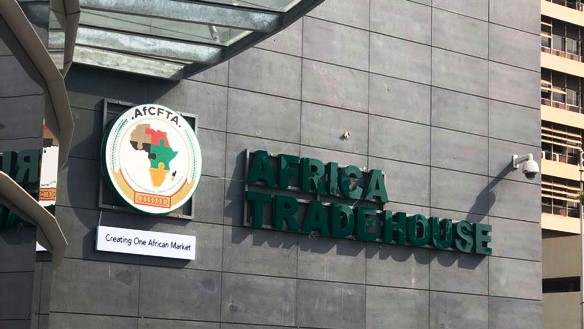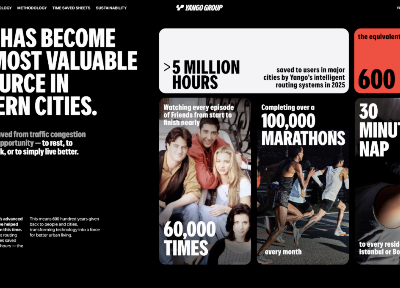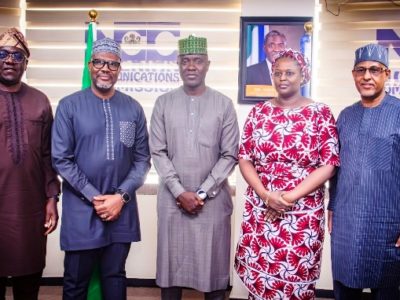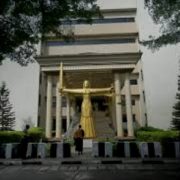Nigeria Approves Landmark Digital Economy Policies to Drive Innovation and AfCFTA Integration
The Federal Executive Council (FEC) has approved three groundbreaking policy frameworks aimed at fast-tracking Nigeria’s transition into a fully digital and knowledge-based economy.
RELATED: Nigeria launches market access tool and intra-African cargo corridor to empower MSMEs under AfCFTA
The approval followed a presentation by the Minister of Industry, Trade and Investment, Dr. Jumoke Oduwole. This development reinforces Nigeria’s emerging leadership as co-champion of the African Continental Free Trade Area (AfCFTA) Digital Trade agenda.
Strengthening Nigeria’s AfCFTA Digital Trade Leadership
The AfCFTA aims to create the world’s largest single market by uniting 55 African countries to boost intra-African trade. In addition, it also aims to harmonise regulations, and stimulate economic integration. While the agreement seeks to open a $3.4 trillion continental market, digital readiness and policy alignment remain critical enablers.
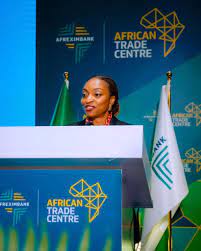
Dr. Jumoke Oduwole
Nigeria, backed by a rapidly expanding digital economy, youthful talent base and national policy reforms, is positioning itself to shape the future of Africa’s digital commerce, cybersecurity, data governance, and professional services exports.
Three Approved Policies Set New National Direction
FEC approved the following frameworks:
1. National Intellectual Property Policy & Strategy (NIPPS)
Nigeria’s first unified IP framework developed with WIPO and co-led by the Ministries of Industry, Trade & Investment; Justice; and Arts, Culture, Tourism & Creative Economy.
The framework transforms creativity and innovation into economic assets and provides a strong foundation for IP protection, monetisation and global scalability.
2. Ratification of the AfCFTA Protocol on Digital Trade
A major milestone that positions Nigeria to shape continental standards in e-commerce, data governance, digital payments, cybersecurity, and cross-border digital trade.
3. National Coordination Mechanism for Services Exports (NATEP-led)
Targeting 1 million jobs and $10 billion GDP impact by 2030, this mechanism strengthens Nigeria’s competitiveness in digital outsourcing, professional services, software development, creative services and remote talent export.
Together, these reforms mark a national shift toward innovation, digital integration, and service-export dominance — placing Nigeria at the forefront of Africa’s digital future.
Stakeholder Reactions: “A Turning Point for Africa’s Digital Future”
Entrepreneur and trade facilitator Evans Edebor described the approved frameworks as transformative, noting that they
“raise the bar for Nigeria and the continent’s digital future.”
He highlighted the immediate significance:
Why These Reforms Matter
- Strong IP protection turns creativity into capital and positions Nigeria as an IP hub for West and Central Africa.
- Digital trade readiness unlocks AfCFTA’s $3.4 trillion market, boosting opportunities for fintech, e-commerce, and digital services.
- Talent-export reforms target 1 million jobs, ~$10 billion in GDP impact and ~$15 billion in fresh investment by 2030.
New Opportunities for Businesses, Startups, and Talent
What These Reforms Unlock
- Startups & Creators: Clearer pathways to monetise IP, scale products, raise funding and enter global markets.
- SMEs: Access to streamlined AfCFTA digital-trade infrastructure to expand cross-border commerce.
- Young Professionals & Women Entrepreneurs: Increased access to international service contracts without relocating.
- Investors: A more stable, reform-driven environment for digital, creative and outsourcing investments.
Call to Action
Nigeria’s new digital-economy direction signals a unique window of opportunity.
- Entrepreneurs & Innovators: Align your business models with IP commercialisation, digital trade and services export opportunities.
- Investors & Partners: Leverage Nigeria’s policy momentum to unlock high-growth digital-economy ventures.
Nigeria is not just participating in Africa’s digital transformation — it is positioning itself to lead it.

